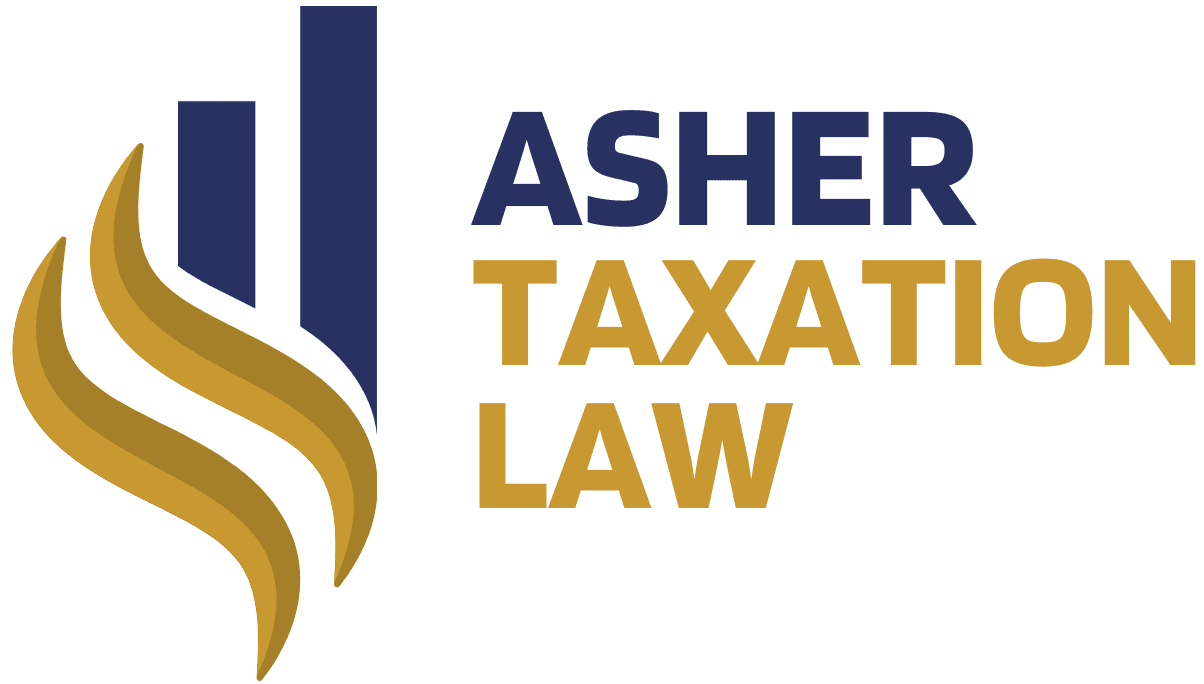Tax Avoidance vs. Tax Evasion

Posted on May 11, 2025
Tax Avoidance vs. Tax Evasion.
- We help you with the former, which is legal.
- We help you avoid the latter, which is illegal.
Both scenarios, we help you save money and from headaches.
Tax avoidance involves using legal methods to minimize tax liability. This can include:
- *Tax Planning*: Utilizing tax laws and regulations to optimize tax efficiency, such as claiming deductions and credits.
- *Tax-Efficient Investments*: Investing in tax-deferred or tax-free vehicles, like 401(k) or Roth IRA accounts.
- *Entity Structuring*: Using entities like corporations, trusts, or limited liability companies (LLCs) to minimize tax liability.
- *Income Shifting*: Transferring income to lower-tax entities or family members.
- *Tax Loss Harvesting*: Offsetting capital gains by selling losing investments.
- *Charitable Giving*: Donating to charity to claim tax deductions.
- *Maximizing Deductions*: Claiming all eligible deductions, such as mortgage interest or business expenses.
Tax avoidance strategies should comply with tax laws and regulations. It's essential to consult with a tax professional to ensure you're using legitimate and effective methods.
Would you like more information on tax avoidance strategies or tax planning in general? Asher Taxation Law can help.
Tax evasion involves intentionally concealing or misrepresenting income, assets, or other financial information to avoid paying taxes. This can include:
- *Underreporting Income*: Failing to report or intentionally understating income.
- *Falsifying Records*: Altering or creating false financial records.
- *Claiming False Deductions*: Claiming deductions or credits that are not legitimate.
- *Hiding Assets*: Concealing assets or income in offshore accounts or other secretive vehicles.
- *Failing to File*: Not filing tax returns or filing returns that are incomplete or inaccurate.
Tax evasion is a serious offense and can result in significant penalties, fines, and even imprisonment. It's essential to comply with tax laws and regulations to avoid any potential issues.
If you have concerns about tax compliance or need guidance on tax matters, it's best to consult with a qualified tax professional. Asher Taxation Law is always here to help.
Contact Us
Take the First Step Toward Smarter Tax Solutions
Fill out the form below and our experienced team will be in touch promptly to help you navigate and resolve your tax concerns with confidence
